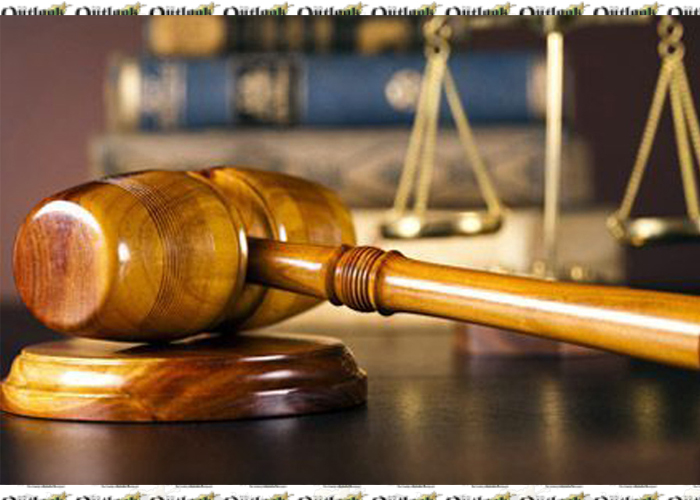In the legal-political tradition of the west, rule of law is defined as opposed to the rule of the individual. It also defined an environment where everyone is aware of law, legal clearness and its equal application applies on all while no one is above than law. Based on this, the law is considered as means of implementing justice, not the tools for justifying the whims and demands of ruling class or a certain circle. In the other word, the laws must be directed in the course of public interests, not to the whims of political leaders including government officials, oppressors, military officials, religious leaders, political parties and other powerful elites. In short, it is the rule of law that draws a distinction between human societies and wildlife with providing a secure, equal and corruption free society.
Although Afghanistan has enacted very good laws comparing to neighbouring countries, failing to put them in effect has practically paralyzed everything in the country as the laws merely on paper can never help societies.
If we had been successful in rule of law, today we would not be in the witness of these many social, economic and political challenges in the country, and the name of Afghanistan also would not have been on the top of the list of world corruption, violence, and narcotic production and so on.
If we had been successful in rule of law, the Taliban which was nationally and globally recognized as a terrorist group would not be considered in a parallel position with an elected and legitimate government, now.
Therefore, it has severely tarnished the country’s image and credibility at the international level and the resulted in widespread corruption and rampant corruption.
This is more about two decades that there has been a serious and strong criticism on the government because of weakness in rule of law but unfortunately, this criticism and efforts have not produced satisfactory results. Now, the question is what are the causes and fundamental factors of lack of rule of law in Afghanistan? Probably, there are different views on this but this article wants to put finger on few major factors as following:
Firstly, the inability of the government to implement the rule of law is considered as the most important factor. Of course, this is the case if there is a system or government that at least believes in the application of the law.
In most cases, the government is blamed for having no will on rule of law or its consolidation in the country.
We imagine there is a firm will in regard to rule of law regardless of any social, racial and political consideration, but the rule of law requires a strong and independent judiciary that has the authority, assets and credibility to question government officials and even high-ranking politicians against the laws and orders of a country.
The rule of law without clear separation of powers is not possible about which we see a lot doubts and questions in the country.
Anyway, the observers believe that in most cases the law have been either imposed on the weak people or selectively used as political tool.
Therefore, the implementers of laws are considered as an important obstacle to the rule of law and its consolidation in the government body and in society. ‘
We have forgotten that today the degree of freedom of a society can be measured by the percentage of the population that is under the rule of law.
In the United Kingdom, for example, even the Queen does not see herself as beyond the law and seeks legal solutions to get her word accepted, but in third world countries such as Afghanistan the law is imposed only on the weak people; every day we a lot of crimes and criminal arrest but no day have seen or heard their punishment or execution in the country. Therefore, everyone dares to kill civilians and destroy public properties in the country.
As a next factor, the lack of rule of law is also linked to lack of lawful culture and level of social awareness.
To ensure that the law is observed by all, we must raise awareness of the rule of law among people. We should educate children incorporating legal education into our national education system and constantly enhance the awareness of rule of law among young people. At the same times, we need to keep adequate records regarding compliance with the law on the part of citizens and organization; improve the mechanism to reward people for good faith when they abide by the law and punish them for bad faith when break it; and create a social atmosphere in which people feel that it is honourable to abide by the laws and disgraceful to brake it, so that all people show respect for the laws and act consciously to observe it.
Last but not last, the culture of impunity and the culture of governing relationships over rule of law and meritocracy. If we had equally implemented the law on everyone regardless of the ethnic, religious and tribal belongings, today no one would dare to break the law. If we had seriously punished a few terrorists and social criminals who victimized thousands of people, today we would not have witnessed the repeat of victims of hundreds of youths, civilians, men and women in the country.
Although many of the social and political criminals were arrested in recent years and decades, the people have not seen anyone to be executed so as to prevent from the re-occurrences.
Home » Opinion » The Rule of Law and Its Challenges in Afghanistan
The Rule of Law and Its Challenges in Afghanistan
| Mohammad Zahir Akbari

